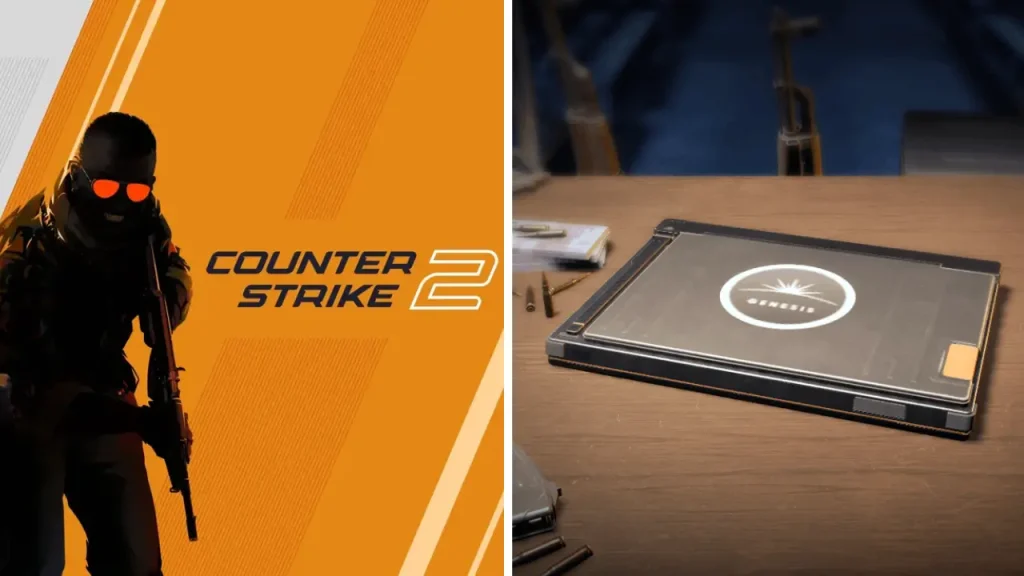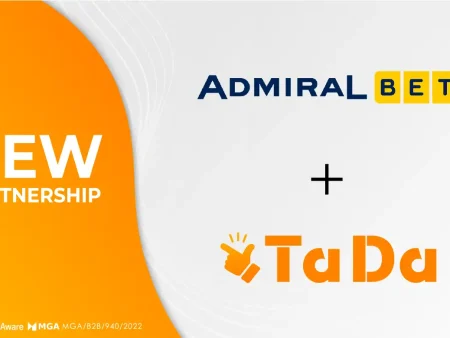Valve has released a new update for Counter-Strike 2 (CS2). It introduces the Genesis skin collection and a new feature called the Genesis Terminal. This system changes how players acquire skins. Valve presents it as a compliance-friendly alternative to loot boxes. The feature is aimed at regions like Belgium, the Netherlands, and France, where strict laws restrict loot boxes.

In this new mechanic, players receive one sealed Genesis Terminal each week. When opened, it reveals a selection of skins, each clearly displayed with its corresponding price. These prices vary dramatically, starting at around $0.30 and soaring to well over $1,600 for the most coveted items. If a player wishes to claim a skin, they must pay the listed price within three days. If players decline an offer, they cannot revisit it after it expires. They can list and sell skins purchased through this system on the Steam Marketplace, but only after waiting one week.
Valve emphasizes that this mechanic avoids the element of chance central to loot boxes. Players see the exact item and price before committing. The company argues this makes the Genesis Terminal fall outside the legal definition of gambling under European law. In theory, this distinction allows Valve to sidestep regulatory challenges while still offering players a sense of rarity and exclusivity.
However, community response has been sharp and skeptical. Critics argue that the mechanic is technically compliant. However, it still mimics gambling triggers by showing high-value items in a tempting, lottery-like way. Industry analysts add that CS2 skins already act as a shadow economy. Third-party sites enable trades, bets, and wagers with skins as currency. Some of these skins are worth thousands of dollars.
With this move, Valve has reignited the ongoing debate about the blurred lines between gaming, gambling, and digital economies.


